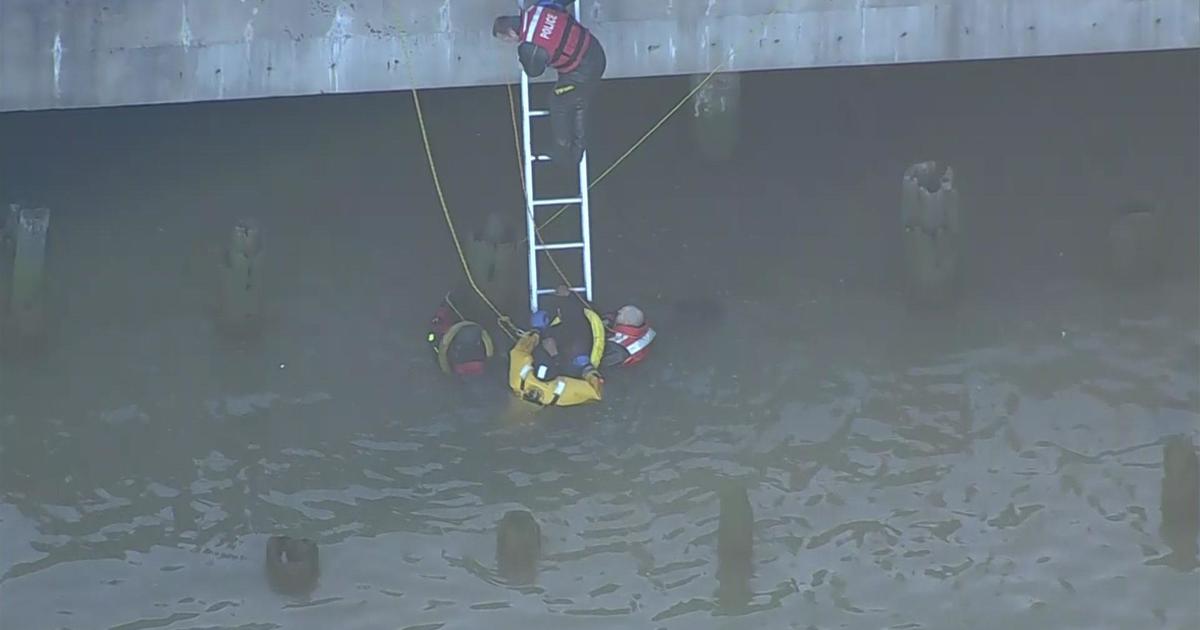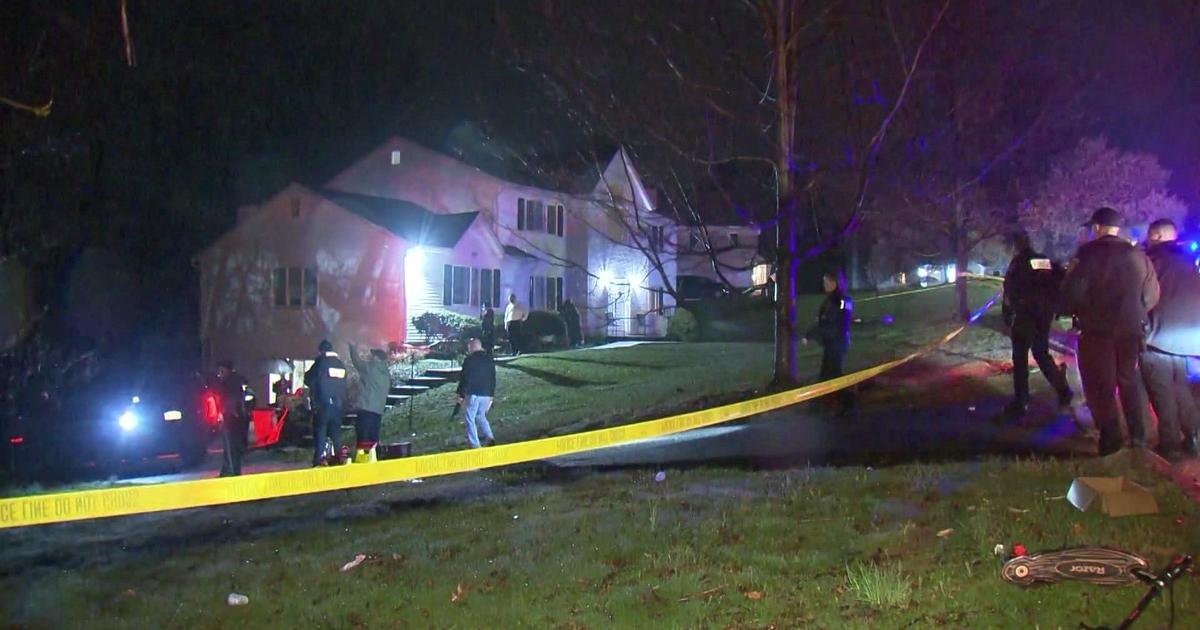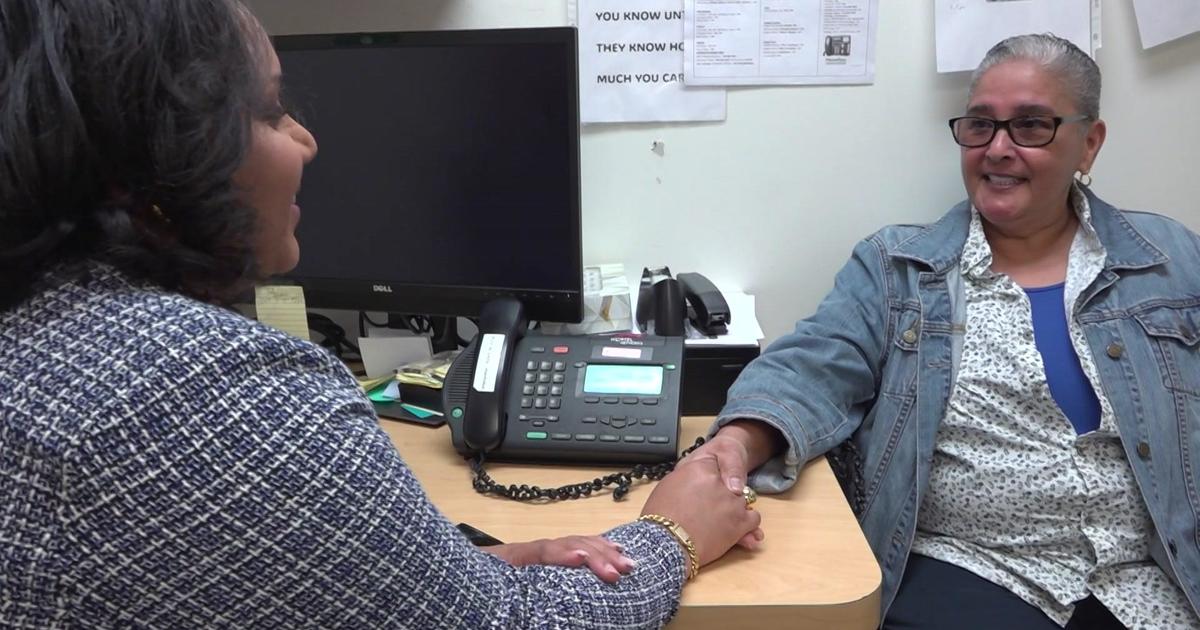How To Enroll Your Family In Disaster Preparedness
 (Photo credit: Thinkstock)
(Photo credit: Thinkstock)
The older children get, the more they realize what a dangerous foe weather can be. Excitement about missing school can swiftly turn into anxiety, particularly if they have experienced first-hand the damage that hurricanes and severe storms can cause. The unending TV news reports which inevitably herald in extreme weather events certainly don't help, and even very small children can become frightened before and during storms, particularly if the power goes out or if the adults around them also seem scared.
Preparing your family for a storm or disaster of any kind can help assuage their fears and keep them physically safe. Having a go-to action plan can replace feelings of anxiety and helplessness with those of empowerment and control. You may not be able to tame the coming hurricane, but you can diminish its impact on your family by making them your partners with these preparedness tips.
Connect By Text - Storms and disasters can strike at any time of day or night. If family members cannot reach or find each other, feelings of worry and fear are bound to escalate. Create a communication plan that makes one person the main conduit of everyone's information and also include one out-of-state contact. At times like these, FEMA recommends texting, unless there is the threat of imminent danger, in which case, calling first makes sense. Texts place less stress on the communication grid and may get through easier than calls will.
Know Where to Meet - Make sure your communication plan includes two meeting places in addition to your home, where the family knows to gather in case of an emergency. A town hall, library or local shelter may be good choices. Find out from the local authorities where they suggest families go in the event of an evacuation and make that the destination where you will all gather. Choose your second, potential destination outside of your local area, in case your entire neighborhood or town needs to be evacuated for any reason. Your plan should encompass a way to retrieve small children who do not have cell phones as well as communicate with their schools and caregivers.
Communicate Fully - In order to keep your family safe, as well as enrolled and empowered, having a plan is not enough. Every member of your family must know what your plan is, with all of its contingencies, inside and out. Of course, simple is best, but make sure you practice several dry runs so as to eliminate all guess work and to include caregivers such as nannies and other individuals who are closely connected to your family, such as your child's teacher or home nursing aides who administer medical support for you at home. Also make it standard procedure that everyone's phones are fully charged at all times and that chargers remain with phones on-the-go.
Have Provisions on Hand and At-The-Ready - Sit down as a family unit ahead of time and write down everything you should keep on hand at home should disaster strike. Also decide what will go into an emergency go-bag, should you need to leave. Having children participate in this exercise will give them confidence and the comfort of knowing their most important belongings will be a priority. It will also help them to feel secure in the knowledge that they won't have to worry about being hungry. Children may wish to include a precious stuffed animal or favorite comfort foods, such as cookies, in their go-bag. That is perfectly fine; let your children know you understand and will honor their choices. Also make sure to include a few of their favorite read-alouds. If you need to spend some time away from home, maintaining the normalcy of a routine such as reading before bed can be very reassuring. In addition to emotional touchstones, make sure your provision list includes enough food and water to last at least three days, plus a well-stocked first aid kit, prescription medications, several flashlights and communication devices such as weather radios and cell phones. An at-home generator and/or portable generator will help your family maintain a sense of normalcy as well as electric power.
Set the Tone - If disaster does strike, remember that you have some control of how the experience will be handled by your children. It's ok for you to be afraid or upset, but it's not ok to lose hold of your emotions. Keeping calm will help your children, no matter what their age, remain steady, reassured and relaxed. You will all benefit from having planned extensively for this day and by being prepared, but it will also help if you remain in close physical proximity to your children if at all possible. Even infants react to the stress of adults around them and will benefit from your calm demeanor and physical contact. Don't skimp on hugs or reassuring squeezes, no matter what age your children are. Both adults and kids derive sustenance from connection during difficult times.
Remember Who Is In Charge - The storm may be running the show, but you are still in charge of your household. Maintaining contact with the outside world is important, but that doesn't mean keeping the television on non-stop. Young children in particularly don't always realize that the same events are being shown over and over again and may also experience extreme stress from television reporting of events. Keeping children of all ages away from TV is a good idea, as it allows you to control the messages they receive about ongoing storm-related events. The adults in your household may benefit from being glued to the screen at least some of the time, but children will be better off if they are kept occupied with board games, books or puzzles in a nearby room.
![]()
Corey Whelan is a freelance writer in New York. Her work can be found at Examiner.com.
![]()
![]()
![]()
Learn more by visiting CBS New York's Storm Prep section




